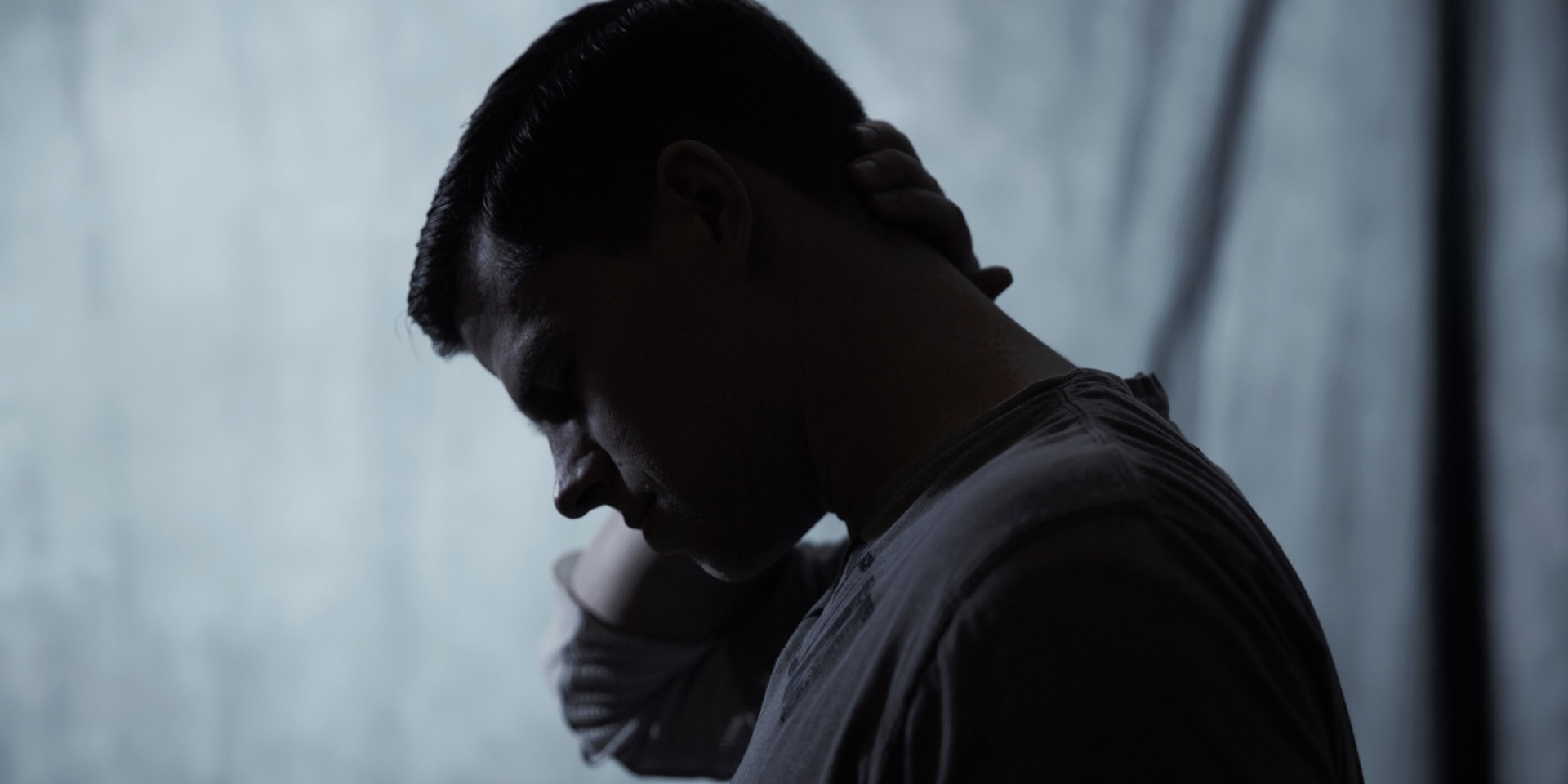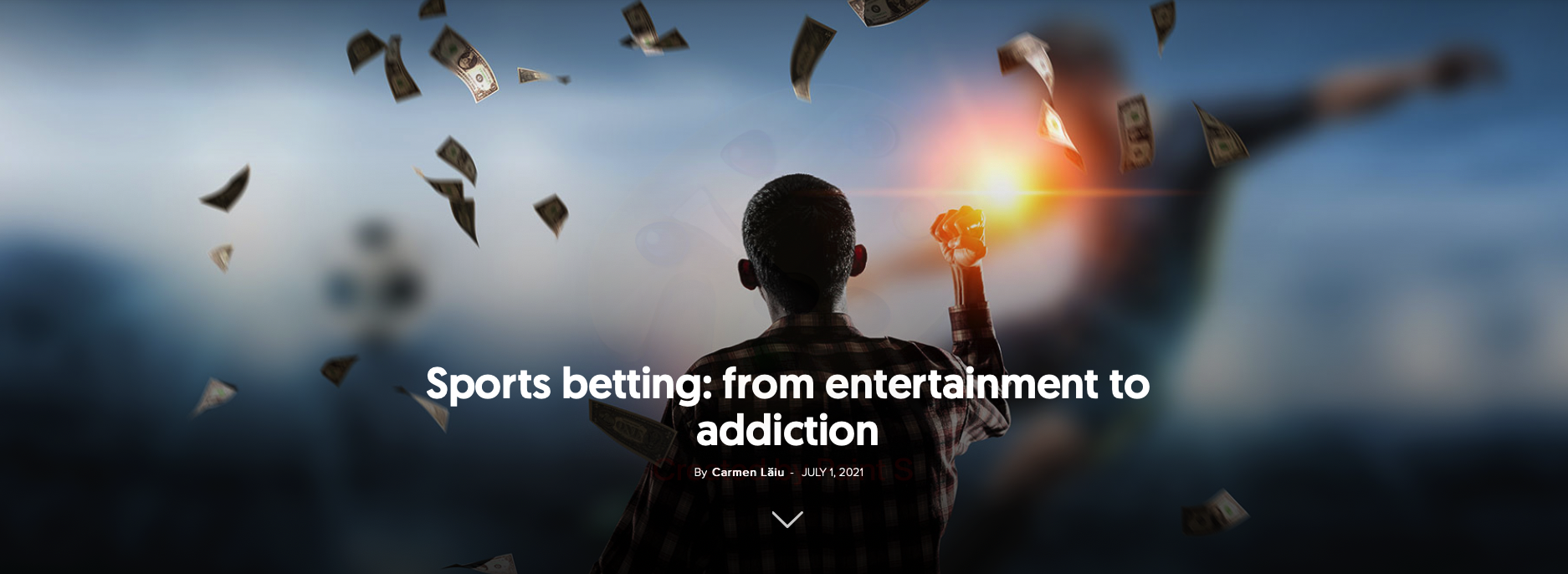Problem gambling in Australia and New Zealand is an issue seldom talked about, but we ignore it at our peril.
“How about this filly in the fifth, fellas, put a $50 on it?” Those were the words of retired American NBA player Shaquille O’Neal in a recent ad campaign run by Australian gambling company SportsBet. Appearing alongside Aussie comedy group The Inspired Unemployed, Shaq plays the “straight man” to the unintelligible jargon of his companions. Answering his questions with outbursts of “yeah nah, yeah nah” and the occasional whistle (which is, of course, vernacular typical of every Australian), Shaq shrugs his shoulders saying: “You Aussies sure are built different!” He then, of course, expounds on how great the SportsBet app is.
It’s no wonder the ad campaign didn’t go down well with its intended audience. Many Australians were offended by how it caricatured them as crude, unintelligent Crocodile Dundee types.[1] Personally, I was only offended by how inescapable the ads were. Whether it was TV, Reddit, Youtube, the side of a bus, Facebook or just a highway billboard, it seemed that for a few weeks in mid-2022, I couldn’t escape Shaq’s goofy gaze wherever I went. Having lived in Aotearoa New Zealand for several years, I was shocked when I returned to Australia and discovered how in-your-face gambling advertising is here. That’s not to say gambling isn’t advertised in the land of the long white cloud: TAB and Lotto both advertise on TV, but by comparison it’s much more regulated.
The sobering reality
A report from the Queensland Treasury in the 35th edition of Australian Gambling Statistics revealed that in 2017 and 2018, Australians bet more than $A242 billion. This isn’t indicative of either money lost or won: it is simply how much is taken from Australian bank accounts into the hands of betting companies. New Zealanders have gambling problems of their own, notably spending more in 2020 on poker machines than they had in the country’s entire history, despite the financial stresses of the Covid-19 pandemic.
On this side of the ditch, Australia has, for several years now, held the “honour” of being the gambling capital of the world. If we were to average out the numbers based on the 25 million-or-so Australians aged 18 or over, it would translate to each adult Australian spending $A12,000 on gambling every single year. Oh, and by the way, that number is rising. One thing is for certain: gambling is smarter and more pervasive today than it ever has been. Like SportsBet, most gambling nowadays happens on smartphones. Regardless of who you are, how much money you have or what your life conditions are, the gambling industry in Australia is using all its resources to advertise to you. Now more than ever, you don’t need to go to a shady casino or pub to gamble (though they are still as popular as ever). You can go to the pokies, bet on a horse race, throw dice into a roulette machine or be dealt into a game of poker all from the convenience of your smartphone.
That’s not even to mention gambling’s affiliation with organised crime. In 2020, Troy Stolz—a former employee of ClubsNSW—leaked an internal report to independent MP Andrew Wilkie. The report alleged that 95 per cent of clubs in NSW didn’t legally comply with anti-money laundering counter-terrorism laws and that many clubs were actively involved in laundering money for gangs. Stolz, whose job was to ensure members “meet regulatory compliance and deliver best practice,” found himself continually frustrated. He claimed that he had tried to address the issues with internal management for more than five years. Realising nothing was going to change, he resigned and leaked the document. Talking to the Sydney Morning Herald, he said: “I couldn’t sleep at night, it was eating me that they were going to get away with non-compliance . . . Crimes such as money laundering, child prostitution, arms trafficking, terrorism financing are all being essentially enabled by ClubsNSW’s failure to address its [anti-money laundering and counter-terrorism financing] obligations.” At the time of writing, Stolz was fighting an ugly court case with ClubsNSW while at the same time being terminally ill with bone cancer.
The love of money
Today, many Christians still oppose gambling, and for good reason. The Bible has very little to say about gambling per se, though it does have a lot to say about the very real effects money has on us. As the apostle Paul says in 1 Timothy 6:10, the love of money “is the root of all evil”. Notice he didn’t say that money is the root of all evil; rather, the love of it. As with many things, when we place emphasis on money over the important things in life (health, relationships, spirituality, self-sacrifice), we create an internal imbalance that allows greed and selfishness to gain a foothold in our lives. Whether it is the parent who can’t feed their child on account of their pokies addiction or the young person who can’t afford health care because of their spending habits in a mobile game—we don’t need to look far to see how money can so easily become the source of incredible evil. As author Andrzej Sapkowski remarks in his novel The Last Wish, “Lesser, greater, middling, it’s all the same.” Evil is evil, no matter how large or small a form it takes.
Christians historically have viewed gambling as evil, no matter how benign it presents. In the wake of the Second Great Awakening, a Protestant religious revival in the mid-19th century, many Christians became abolitionists and women’s suffrage supporters as well as joining movements that were opposed to alcohol, drugs and gambling. Ellen White, one of the founders of the Seventh-day Adventist Church and a staunch opponent of gambling, once wrote in her book Counsels on Stewardship: “Men lay out immense sums in following these forbidden pleasures; and the result is, their God-given power . . . is degraded and corrupted.” I’ll admit that when I first read that statement, I thought it was a little heavy-handed. However, knowing what I know about the gambling industry today, I find myself agreeing with her wholeheartedly. The reality is, the promise of exponential monetary gain for betting on the right horse or pulling the right lever is, at its heart, a lie designed to exploit and bring out the worst in you. Gambling in any form is designed to bleed you for as long as you’re willing to be bled, with no regard for the lives that are destroyed along the way. As the saying goes: “The House always wins.”
If you have been impacted by problem gambling, there is hope. The God who brings freedom from any addiction can help break your cycle, too. With the support from loved ones, an encouraging church community and professional help, there is light at the end of the tunnel for you, no matter how hopeless it may seem. Whether it’s a family member, a friend or a Christian you know, reach out today. It’s never too late to find freedom.
Jesse Herford is a pastor and associate editor for the Australian/New Zealand edition of Signs of the Times. He lives in Sydney, Australia with his wife, Carina and their miniature schnauzer, Banjo. A version of this article first appeared on the Signs of the Times Australia/New Zealand website and is republished with permission.




















